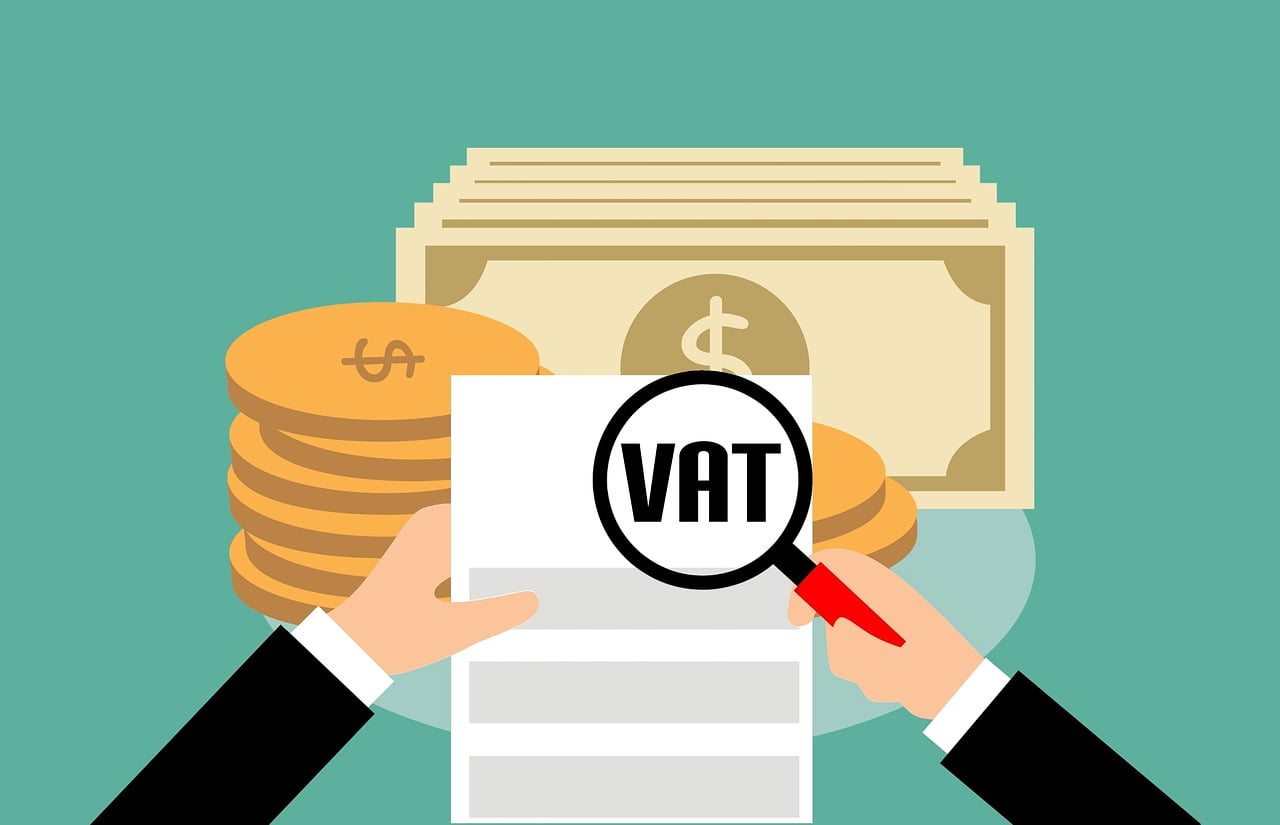Americans traveling in Europe (and many countries outside the EU) are entitled to a refund of the hefty value-added taxes (VAT) they pay on purchases of jewelry, designer clothes, branded handbags, and other keepsakes they pick up on their travels. The potential savings are not insignificant: In Europe the value-added tax can be as high as 27 percent.
Q1 2021 hedge fund letters, conferences and more
Claiming The VAT Refund
However, few tourists to Europe - American or otherwise - bother to claim the refund. One reason is that it can be a hassle to obtain: the process requires them to fill out a form by hand in most cases, queue in line at the airport to get the form stamped, and then mail it before leaving the country - a process redolent of the 1990s.
But another reason tourists are seemingly indifferent to the VAT refund is that a large share of the tax refund due them - as much as half, in some instances - gets eaten up by the company that processes the refund, which in turn kicks back much of what it takes to the retailer.
But travelers may soon be able to keep more of their refund because of a lawsuit that seeks to loosen the grip that these middlemen have on tourists visiting Europe.
In April the fintech startup Refundit filed an antitrust complaint against Global Blue (which went public via a SPAC in 2020) with the European Commission, which alleged that its merchant commissions are predatory and stifle competition. The case is being closely watched by consumer advocates and travel industry executives as the outcome could transform the VAT refund system so that it better achieves its intended purpose, which is to encourage tourists to visit and spend money.
If successful, the lawsuit would open an array of options for consumers shopping abroad, including app-based systems that would greatly facilitate the entire process of obtaining a VAT refund as well as sharply lower agent commissions.
Duopolyin The Refund Market
Two companies, Global Blue and Planet, currently have an effective duopoly of the VAT refund market. Global Blue - which has 70 percent of the market - obtained its market share by offering a sweet deal: If a retailer makes the company its sole VAT refund agent, it kicks back a portion of the VAT refund to the retailer. Over the years the competition between these two firms for these exclusivity deals has become intense, and the kickbacks have grown to the point where the biggest shops demand almost half of the VAT refund be given to them for the right to process their customers’ VAT refunds. The VAT refund agents keep a little as well, of course, and then supplement their earnings by charging an outrageous exchange rate to refund the money on a credit card.
This policy does a terrible job of encouraging tourists to spend more money: If a tourist buys a €1,000 coat in Paris and receives a VAT refund for €100 instead of the €200 they’re due, and for which he will need to fill out a form, wait in two separate queues at the airport, and then post the form in the mail, the refund’s not going to motivate him to spend more money during their visit. Most tourists don’t even bother pursuing the refund.
But Refundit and a few other innovative companies are trying to put the whole VAT refund process on a smartphone app and let the traveler freely choose a preferred, cheaper and more efficient refund operator, which would eliminate the paperwork and the need to queue at the airport while speedily returning the VAT refund as well. The boost in efficiency would also drive down the commissions significantly: The startups in this sector charge less than 10 percent of the VAT refund--a fraction of Global Blue’s commission.
How The Lawsuit Will Play Out
Commissions would probably shrink further if Refundit were to win its complaint because it would completely flip the market: Instead of refund agents competing for retailers by promising them increasingly generous kickbacks, they would compete for tourists by offering better service and smaller commissions.
It is difficult to predict how the complaint will play out but it has already affected the market by exposing what the European luxury retailers would rather keep under wraps, which is that the revenue they get from the VAT refund kickback has become a significant profit center for them. One market participant informed me that a major retailer expressed its displeasure to Global Blue about the lawsuit.
Prohibiting exclusivity arrangements between VAT refund agents and retailers would greatly help to accomplish the express purpose of refunding the VAT to tourists, which is to boost tourist spending across the EU.






